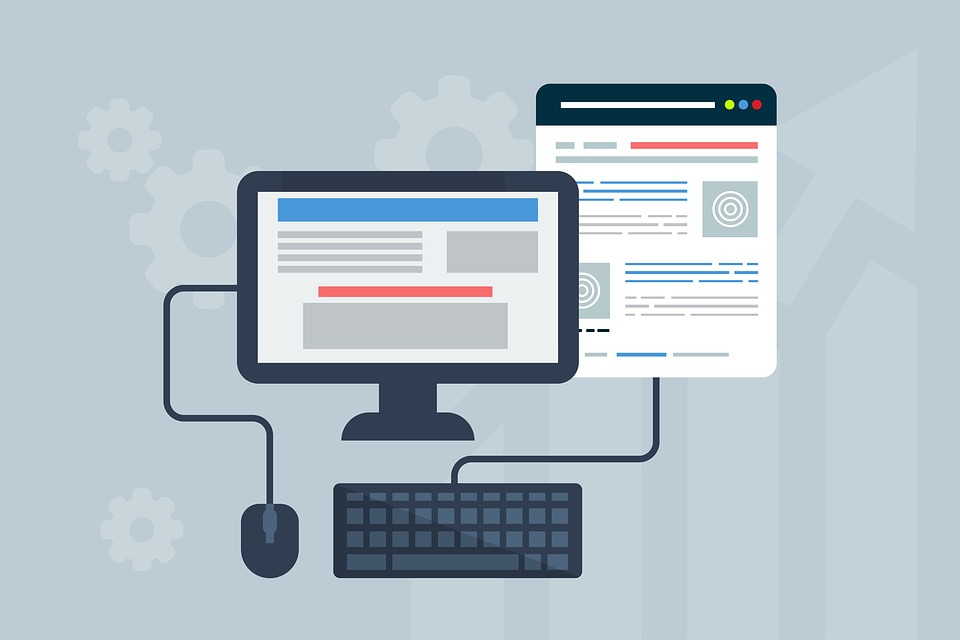5 ways to improve your maternal mental health
Are you struggling with maternal mental health issues? Or perhaps one of your family members is or someone that you know.
If so, The Canterbury Hub has curated a list of ways to improve your perinatal mental health matters.
Talk to people who are in the same position.

The Maternal Mental Health Alliance found that “1 in 10 women develop a mental illness during this time and if untreated can have a devastating impact on women and their families.”
They also discovered that “perinatal mood disorders affect the entire family. Many people don’t realise that about 1 in 10 dads develop depression during this time.”
As shown by these statistics, it’s evident that many others are struggling too.
Social media is a brilliant platform to talk to others who are experiencing the same thing. Typing in on Twitter “maternal mental health” can lead you to a variety of people who talk online about how they feel and wanting to speak to others who are in the same boat.
Blogs are also a good start to get talking. There are plenty of mum blogs online that has been set up by women who have, or are still currently, experiencing maternal mental health issues. Or, maybe reading their posts can give you some advice. Here are a couple:
Rosey Adams, Founder of #PNDHour tweet chats, Perinatal Mental Health Peer Supporter and MIND blogger winner 2016, is a mum of 3 that has experienced perinatal mental health herself.
She told The Canterbury Hub: “My tweet chat is amazing and many women feel the same.
“Roughly twenty people join in every week and I get blown away every week by how honest people are and it can be re-assuring for someone who’s going through it and know that other people feel the same.”
Family and friends are your best support network.

Maybe quite an obvious one, but to some it is difficult to talk to anyone about how they feel. Your family and friends are there to support you, and who knows… maybe one of your family members or friends experienced the same thing.
Kent mum, Clare Middleton, said that her friends and family were “the best support network.”
She told The Canterbury Hub: “If there was less stigma, we could discuss it more openly with those who are close to us.
“My advice would be to talk to your family and friends about it, it could you but it could also help them who might be struggling too.
“I didn’t talk about it the first time round. However, I have since found out that a friend suffered with it after me. If I’d have shared with her, she may have felt that she could share with me and we could have supported each other.”
Seek advice from specialist websites.

Blogs are an amazing platform to talk to other people and seek advice, but there are also plenty of websites to gain support and tips from.
Clare told us that “Think Action” was a huge help for her.
Maternal Mental Health Alliance, MIND, World Health Organisation, PANDAS Foundation and the NHS website are just a few useful websites.
Speak to your GP.

Your GP is there to listen to you and give you advice. Don’t just think that they’re there if you’re feeling under the weather with a cold. They’re there to talk about mental illnesses and offer support and advice.
They can also organise for you to talk to a therapist, if that’s what you would like to do. Don’t be afraid to talk, they’re there to support!
Immerse yourself in a book.

There are various books that you can read that are based on the topic of maternal mental health. They can offer support and advice and some even have real women experiences in them too.
Below are a few books that are invaluable to help with someone suffering perinatal mental health issues:
